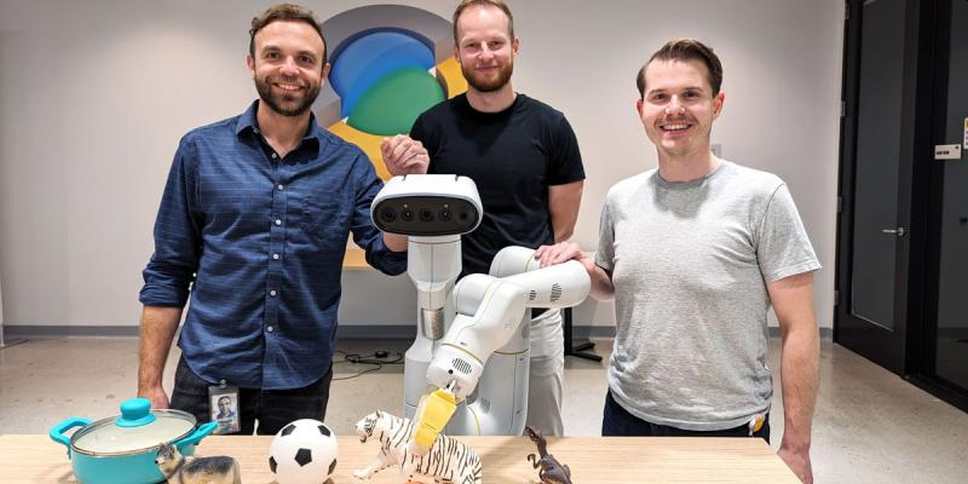Robotics AI startup Physical Intelligence is seeking to raise $300 million at a $2 billion valuation

Just months after securing $70 million in seed funding from Greenoaks and five other investors, robotics AI startup Physical Intelligence is reportedly gearing up to raise hundreds of millions more as it pushes forward with plans to connect AI and robotics.
According to a report from The Information, Physical Intelligence is in talks to raise $300 million at a valuation of around $2 billion. The company, based in San Francisco, has reportedly received multiple offers, according to two people familiar with the discussions.
Although the company has yet to introduce its first product, it’s working on software that will enable robots to operate in various industries. Physical Intelligence is also actively expanding its team and plans to reveal more details soon.
“Physical Intelligence, a startup developing software for robots that could work in a range of industries, has told investors it wants to raise $300 million at a valuation around $2 billion, according to two people with direct knowledge of the talks. The San Francisco company, which hasn’t unveiled its first product yet, has told investors it’s received several offers, according to one of those people,” The Information reported.
The race to develop AI-powered robots is heating up once again. While the industry has seen its share of failures, and OpenAI dominates the AI conversation, Physical Intelligence is carving out a space of its own.
Founded this year by robotics and AI experts Karol Hausman (CEO), Adnan Esmail, Brian Ichter, and Sergey Levine, Physical Intelligence is focused on building foundation models and learning algorithms that can power a wide range of robots and physical devices. Their goal is to bring general-purpose AI into real-world applications.
The company, which emerged from stealth mode in March, raised its initial $70 million seed round led by Thrive Capital, with participation from Khosla Ventures, Lux Capital, OpenAI, and Sequoia Capital. This funding highlights the significant potential of Pi’s vision to create a universal model that allows robots to perform tasks across various industries.
Hausman, who previously worked on robotics at Google, shared the company’s ambition: “We want to create a universal model that powers any robot or physical device, for any application.”
Pi’s strategy involves combining techniques from language models with methods for controlling and instructing machines. By collecting data on an unprecedented scale and advancing algorithms, they aim to solve the problems that have held back AI-driven robotics.
The team behind Physical Intelligence boasts a deep mix of academic and industry experience. Alongside Hausman, co-founders include Sergey Levine, a professor at UC Berkeley known for his work in robotics, Chelsea Finn from Stanford University, former Google scientist Brian Ichter, and tech investor Lachy Groom, who previously worked at Stripe.
While competitors like Tesla and Figure AI are building androids and others like Covariant are developing general-purpose robotics software, Pi aims to stand out by creating software that can work across many different types of robotic hardware.





